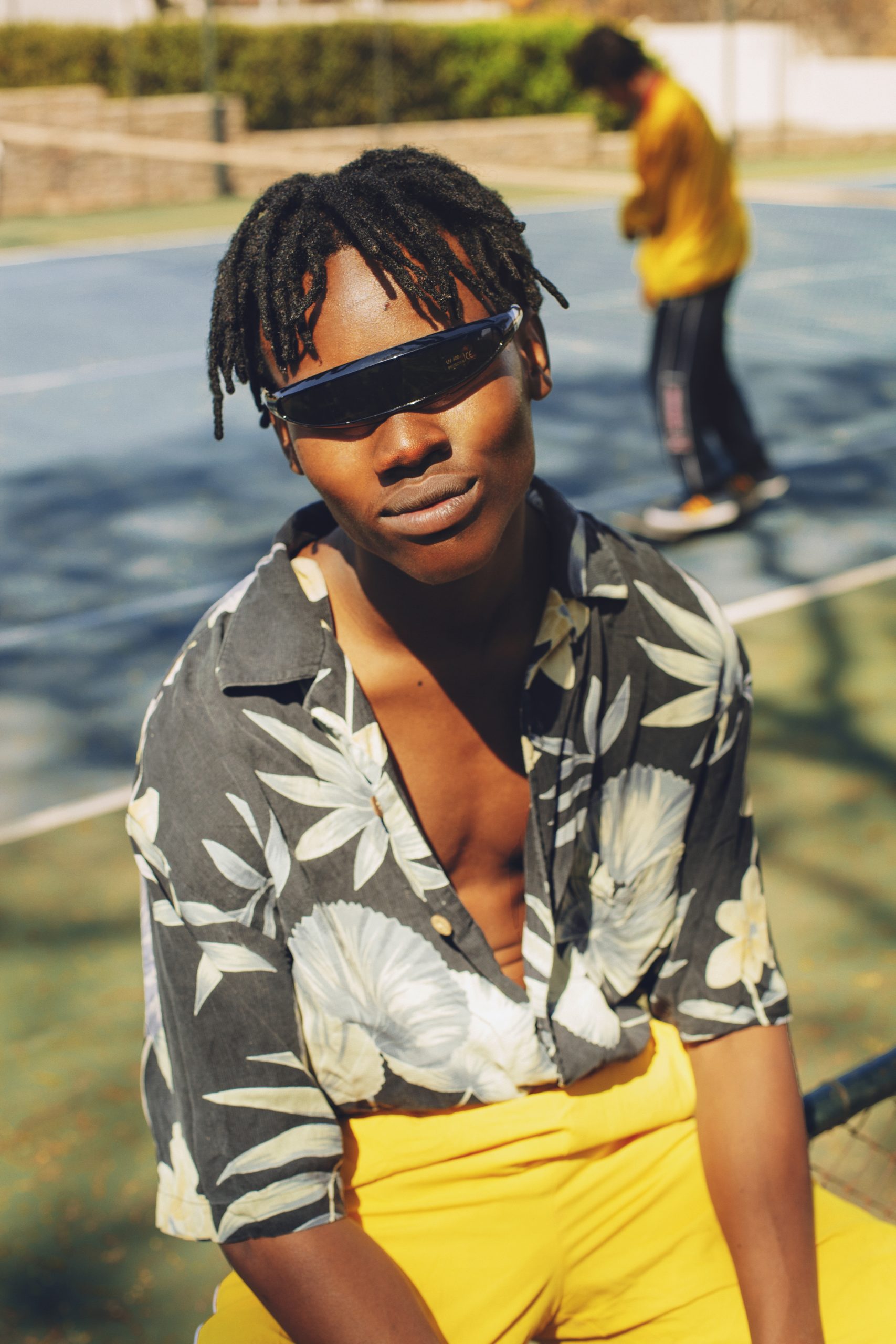We spoke to co-founder of Cerebral, Joseph Ntahilaja about his sonic style, his debut published mix and the new mix he created specifically to share with Bubblegum Club readers.
Please introduce yourself, and Mtagga to our readers. Who else did you work with on this, or is it a solo project? And how long have you been making music for?
Hi I’m Joseph Mtagga Phillemon Ntahilaja, 20 years of age. I am Jo’burg resident of Tanzanian descent, studying and using myself as a medium on a daily basis. Mtagga is my tribal name, my clan comes from a small village in Tanzania, called Ngara, the people of our tribe are known as ’Waangaza’. Before my Dad’s clan migrated to Ngara, our clan once ruled Burundi and one of the Chiefs was called Mtagga, which translates to ‘day time’. I was obviously born during the day. Personally I view Mtagga as my inner child, because growing up that’s what I referred to as whenever I engaged in a ‘little bit of mischief’, so the connotation got engrained subconsciously. I guess using MTAGGA as my DJ Alias was part of my need to reclaim my tribal identity and also the inner child in me, which I believe is the nucleus of my creativity. It is a fully solo project as it is another part of myself. I’ve been in music for just under a year but for me music was always something I was gonna go into as I am obsessed with the transfer of energy through sound, so was just a matter of finding the right time and gaining access to the resources. Cerebral was a motivating factor too as I kinda said to myself I wouldn’t start it up until I’m ready to play at it too.
I found ‘Safari Ya Sauti‘ to be a very emotional listen! What was the inspiration behind the mix?
Techno is a genre with multiple sub-genres and sounds unique to its geographic location. It’s for this reason amongst many others that I really appreciate it. ‘Safari Ya Sauti’ (swahili: Journey of Sound) is an exploration of these sub-genres through my mind. The common theme amongst the track selection though is to evoke high energy and emotion, cause for me dance music is meant to be a tool to escape your reality and enjoy being alive, and that’s what I want my sets to reflect.
And how would you define your style?
‘Safari Ya Sauti’ was my first published mix so in terms of style I was more focused on expressing my versatility. I now have a more solid identity for ‘MTAGGA’ which dwells within the realms of afro-house, tribal and a weird sound I dub as ‘psychedelic hedonism’. Mtagga’s style is a melodic journey through the narratives of my reality and surroundings as a dual-citizen. This is achieved by a story telling approach with the aim for one’s ears to open and soul to dance, my latest mix is a reflection of this identity. I still enjoy jaw-crunching techno though so I have developed a different alias for that style of techno, ‘Ntahilaja’. This sound is a lot more aggressive and dark but the aim is still the same, high energy release.
Finally, what is the significance of the hyena imagery in the Soundcloud page?
That image was taken in Serengeti, a national park in Tanzania, the imagery is meant to reflect my spirit animal in an African Forest, if it were South America it would be a Jaguar. I believe I’m pretty similar to a hyena, because like a hyena, I’m laid-back in attitude and I actually a pretty wildlife to be honest, but I’m still a predator. I guess the hyena imagery then serves as a metaphorical symbol of leading a pack on a sonic journey.
Have a listen to the mix MTAGGA made to be shared on Bubblegum Club below:
